 Publisher AMA
Publisher AMA
Thursday, August 7 at 12 – 1pm PDT
A FREE Virtual Event
Unable to attend? No worries. Register anyway and receive the replay!
As everyone probably knows, you or your agent needs to get your book or proposal into the hands of an interested editor; that’s the first hurdle.
A well-crafted proposal, an agent with good relationships, and choosing the right editors to approach are the first steps.
What most would-be authors don’t know is that the editor has to turn around and sell you to an editorial board. The sales management, more often than not, makes the decisions.
If sales and marketing think they can sell your book, then you’ve got a wonderful chance of getting published.
So how do you sell your book to a publisher?
If it’s your first book, you have no Nielsen Bookscan number to get in the way. That can be a blessing, but you have to prove that you are an “influencer” that can sell your book and provide the publisher’s sales force with the ammo they need to go out to the trade.
Publishing veteran Kat Georges will help you navigate the rapids of book publishing so you can find the perfect home for your books. Bring all your questions about book publishing so you can learn from some of the best in the business!
Meet the Publisher:
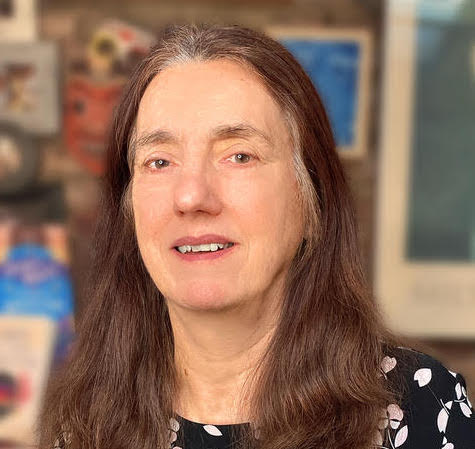 Kat Georges is a poet, playwright, editor, publisher, and graphic designer. She is co-director and an acquisitions editor for Three Rooms Press, an independent publisher inspired by diversity, dada, punk, and passion. Her most recent book is the poetry collection Awe and Other Words Like Wow, and she is co-editor of MAINTENANT, the annual journal of Contemporary Dada Writing and Art. She lives in New York City. Kat is currently looking for LGBTQ+ fiction and young adult fiction that deal directly with current anti-queer attitudes, mysteries that center on bold and daring diverse main characters, and riveting women of history who need to have more attention given to them. Kat welcomes voices that have something different to say, that inspire readers, and that shows the power of innovative, compelling writing. To see the latest Three Rooms Press releases, visit threeroomspress.com.
Kat Georges is a poet, playwright, editor, publisher, and graphic designer. She is co-director and an acquisitions editor for Three Rooms Press, an independent publisher inspired by diversity, dada, punk, and passion. Her most recent book is the poetry collection Awe and Other Words Like Wow, and she is co-editor of MAINTENANT, the annual journal of Contemporary Dada Writing and Art. She lives in New York City. Kat is currently looking for LGBTQ+ fiction and young adult fiction that deal directly with current anti-queer attitudes, mysteries that center on bold and daring diverse main characters, and riveting women of history who need to have more attention given to them. Kat welcomes voices that have something different to say, that inspire readers, and that shows the power of innovative, compelling writing. To see the latest Three Rooms Press releases, visit threeroomspress.com.
To register, please fill out the form below:
Sorry. This form is no longer available.

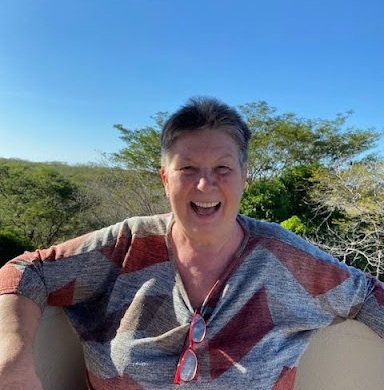 Catherine Lawrence has spent the majority of her career as an Administrator in the field of Higher Education at the University of Pennsylvania (UPenn). In this capacity, Catherine has helped students navigate University programs at the Undergraduate and Graduate levels. While working full time Catherine completed her Undergraduate and Graduate degrees (in the evening) receiving a B.S. in Communication, Political Science and History; as well as a M.S.Ed in Education (Reading, Writing and Literacy/Adult, Family and Community) with a certification as a Reading Specialist.
Catherine Lawrence has spent the majority of her career as an Administrator in the field of Higher Education at the University of Pennsylvania (UPenn). In this capacity, Catherine has helped students navigate University programs at the Undergraduate and Graduate levels. While working full time Catherine completed her Undergraduate and Graduate degrees (in the evening) receiving a B.S. in Communication, Political Science and History; as well as a M.S.Ed in Education (Reading, Writing and Literacy/Adult, Family and Community) with a certification as a Reading Specialist.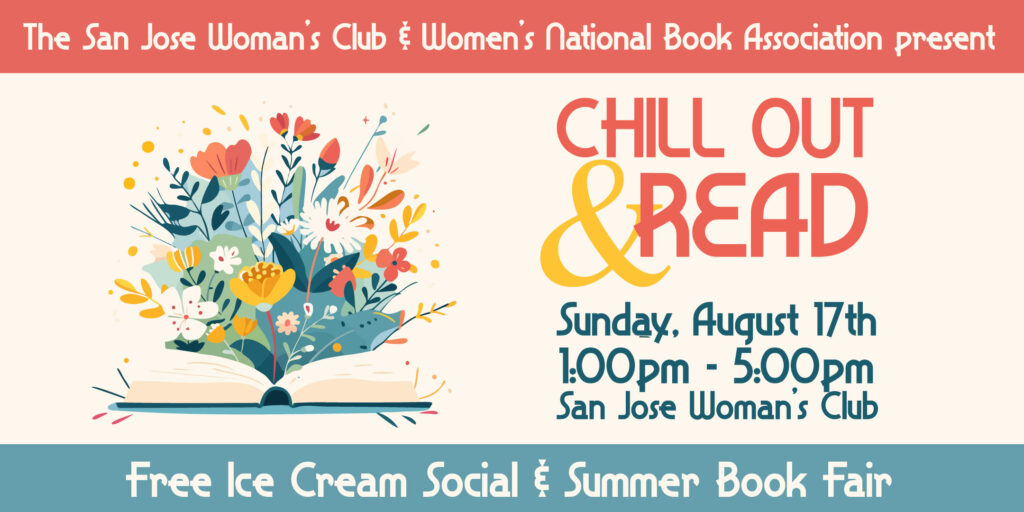
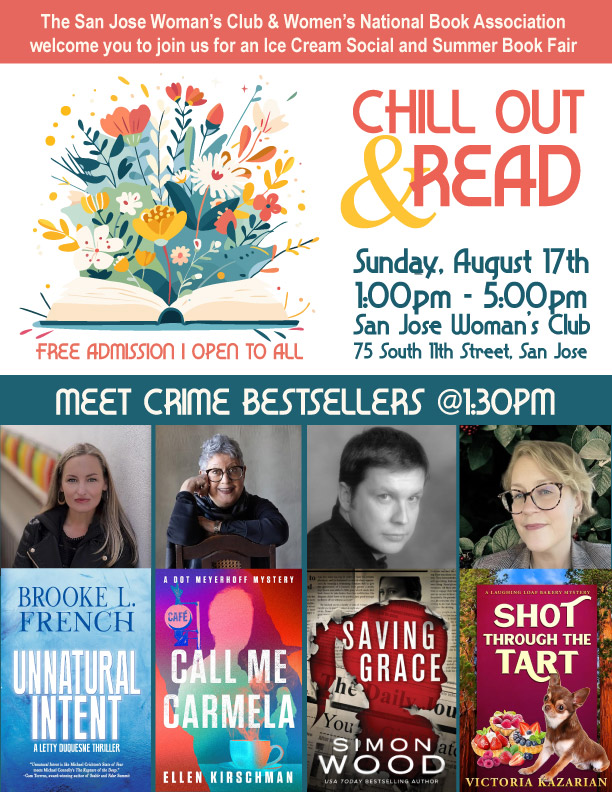

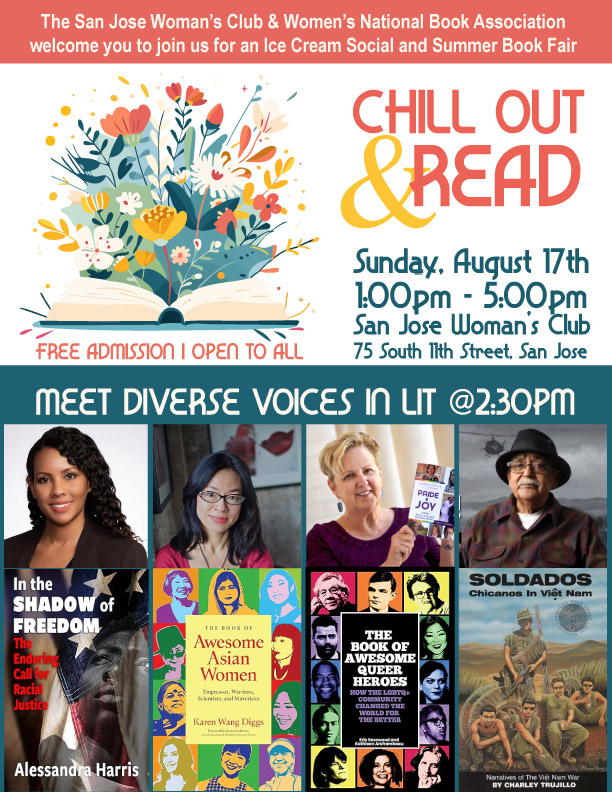
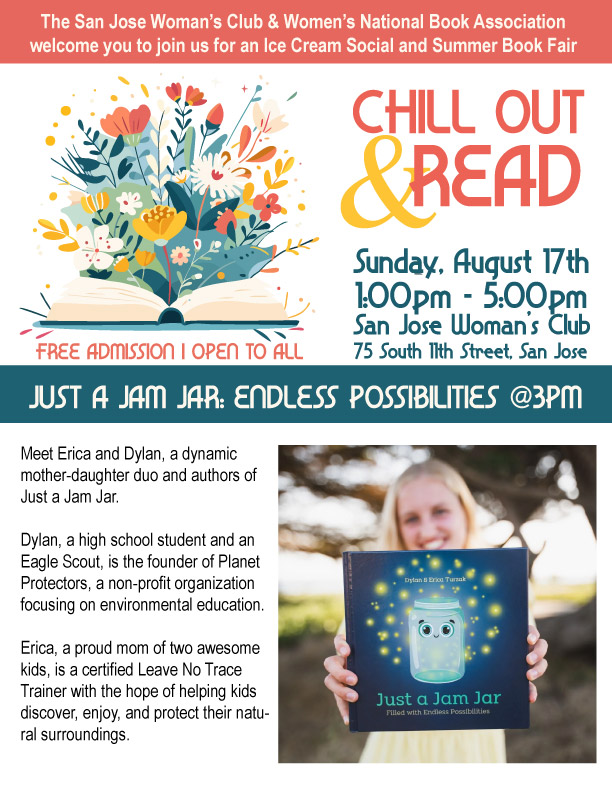
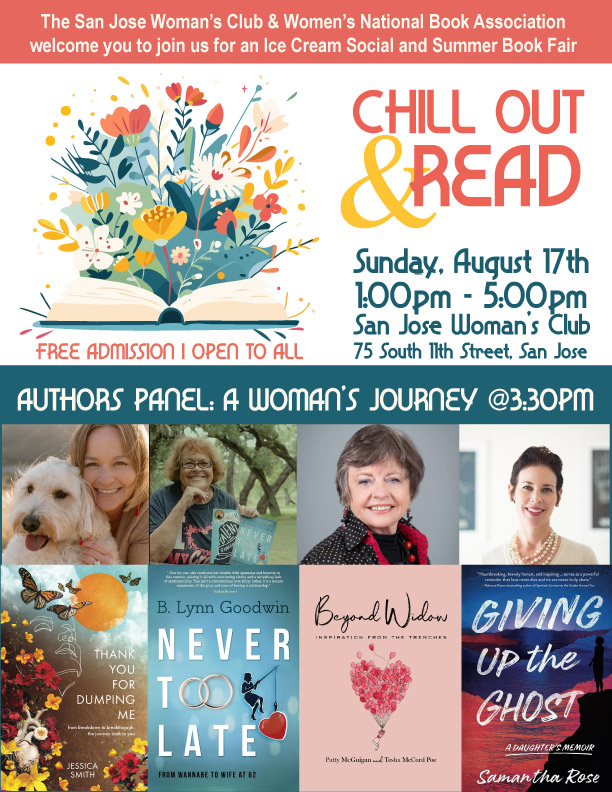
 Speaking for Authors Lunch N Learn Fireside Chat
Speaking for Authors Lunch N Learn Fireside Chat Bobbie Carlton is the founder of three companies, Carlton PR & Marketing, Innovation Nights, and Innovation Women, an online “visibility bureau,” dedicated to providing women and other underrepresented voices with a chance to be seen as thought leaders and experts.
Bobbie Carlton is the founder of three companies, Carlton PR & Marketing, Innovation Nights, and Innovation Women, an online “visibility bureau,” dedicated to providing women and other underrepresented voices with a chance to be seen as thought leaders and experts.  Debra Eckerling is an award-winning author and podcaster, goal-strategist, and speaker, who helps authors, entrepreneurs, and consultants create the life they want through goals. Debra speaks on the topics of setting personal and professional projects, networking strategy, and
Debra Eckerling is an award-winning author and podcaster, goal-strategist, and speaker, who helps authors, entrepreneurs, and consultants create the life they want through goals. Debra speaks on the topics of setting personal and professional projects, networking strategy, and 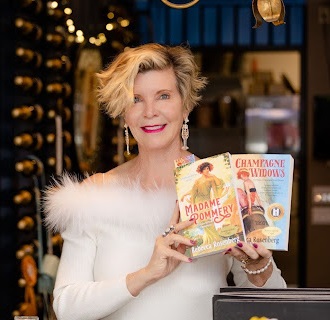 When Rebecca Rosenberg discovered the real-life widows who made champagne a world-wide phenomenon, she knew she’d dedicate years to telling their stories. These remarkable women include Veuve Clicquot, Madame Pommery, and Lily Bollinger.
When Rebecca Rosenberg discovered the real-life widows who made champagne a world-wide phenomenon, she knew she’d dedicate years to telling their stories. These remarkable women include Veuve Clicquot, Madame Pommery, and Lily Bollinger.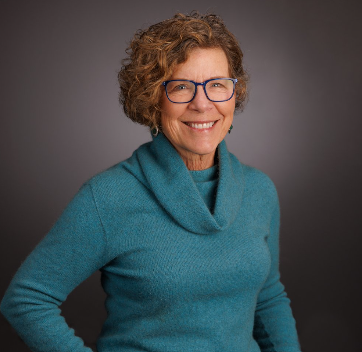 A voracious reader, Valerie Saul grew frustrated with the way women her age were portrayed in fiction. Mature women can be more than caregivers, grandmothers, and book club aficionados. They can also ride motorcycles, use chain saws, rescue drowning people, and chase bad guys on occasion. Her debut novel, The Badass Widows, is about women doing all those things while also dealing with love and loss.
A voracious reader, Valerie Saul grew frustrated with the way women her age were portrayed in fiction. Mature women can be more than caregivers, grandmothers, and book club aficionados. They can also ride motorcycles, use chain saws, rescue drowning people, and chase bad guys on occasion. Her debut novel, The Badass Widows, is about women doing all those things while also dealing with love and loss.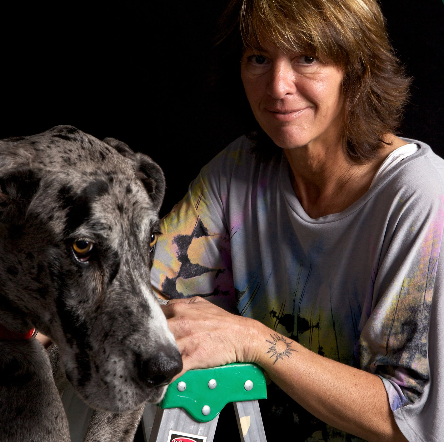 What was your favorite moment during the writing of The Badass Widows?
What was your favorite moment during the writing of The Badass Widows?  Summer Writing Goals Mixer
Summer Writing Goals Mixer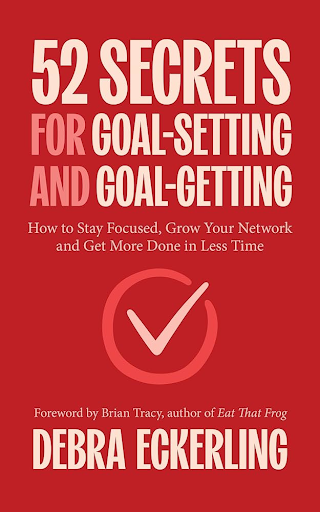 Can you tell us a little more about your new book?
Can you tell us a little more about your new book?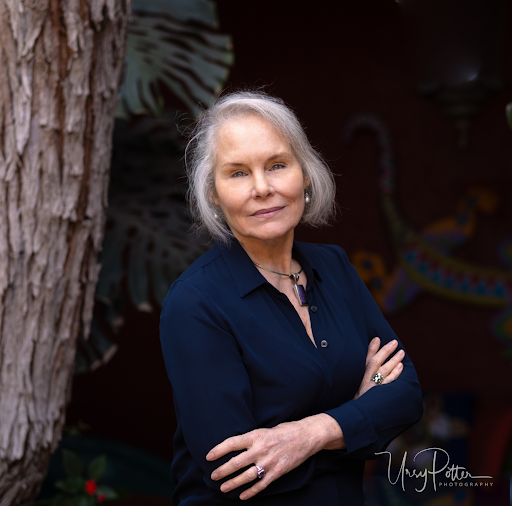 Clare Simons was the press person and gatekeeper to the stories of the terminally ill patient-plaintiffs defending Oregon’s Death With Dignity Act at the U.S. Supreme Court, and worked for passage of assisted dying laws in several states. She is a member of PEN International, the Women’s National Book Association and a former cohort at the Pinewood Table in Portland, Oregon and the Ocean Beach Writers Collective in San Diego.
Clare Simons was the press person and gatekeeper to the stories of the terminally ill patient-plaintiffs defending Oregon’s Death With Dignity Act at the U.S. Supreme Court, and worked for passage of assisted dying laws in several states. She is a member of PEN International, the Women’s National Book Association and a former cohort at the Pinewood Table in Portland, Oregon and the Ocean Beach Writers Collective in San Diego.
 Andy Ross opened his literary agency in January 2008. Before that, he was the owner for 30 years of the legendary Cody’s Books in Berkeley. The agency represents books in a wide range of subjects including narrative non-fiction, science, journalism, history, religion, children’s books, young adult, middle grade, literary and commercial fiction, and cooking. However, he is eager to represent projects in most genres as long as the subject or its treatment is smart, original, and will appeal to a wide readership. In non-fiction, he looks for writing with a strong voice and robust narrative arc by authors with the authority to write about their subject. For literary, commercial, and children’s fiction, he has only one requirement– simple, but ineffable–that the writing reveals the terrain of that vast and unexplored country, the human heart.
Andy Ross opened his literary agency in January 2008. Before that, he was the owner for 30 years of the legendary Cody’s Books in Berkeley. The agency represents books in a wide range of subjects including narrative non-fiction, science, journalism, history, religion, children’s books, young adult, middle grade, literary and commercial fiction, and cooking. However, he is eager to represent projects in most genres as long as the subject or its treatment is smart, original, and will appeal to a wide readership. In non-fiction, he looks for writing with a strong voice and robust narrative arc by authors with the authority to write about their subject. For literary, commercial, and children’s fiction, he has only one requirement– simple, but ineffable–that the writing reveals the terrain of that vast and unexplored country, the human heart.